of racism and our red milk of human kindness.

“How is your knee today?” The elderly man [whom I will name baba] asked him “Better, it’s less painful.” Young replied cheerily “Oh, you remembered. Thank you for asking” I said to baba as the minus-1-degree icy cold shook my body mercilessly. “Yes, he was limping the other day and could barely walk” baba responded […]
emotional intelligence is overrated: knock down the restraints
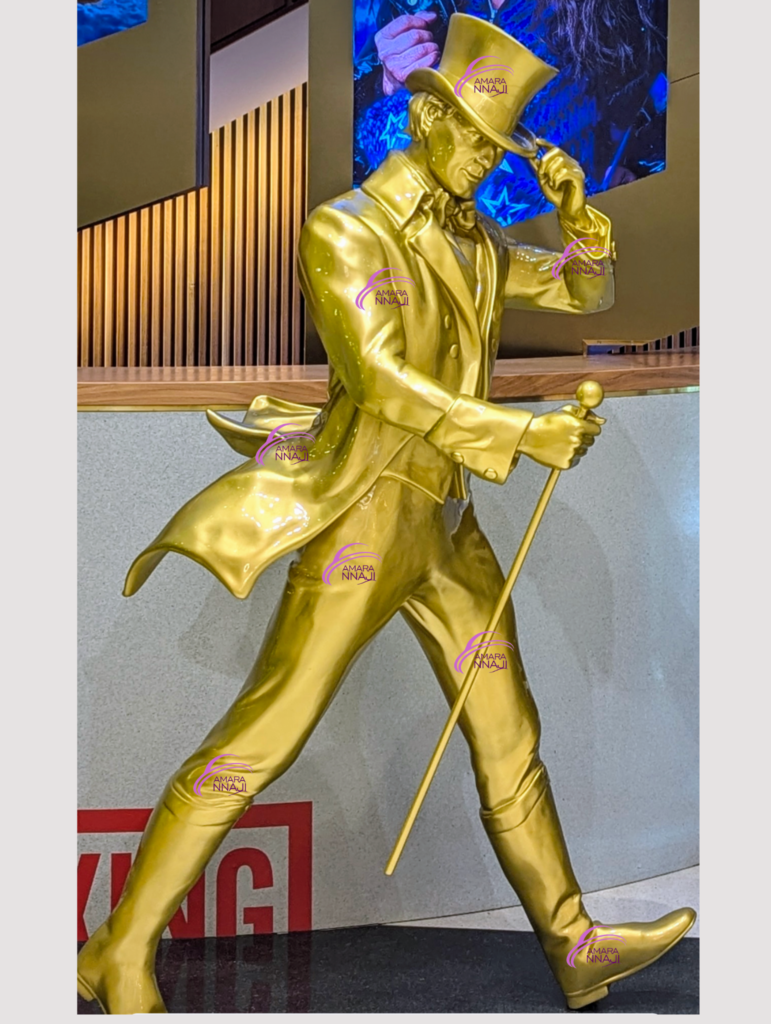
It was my then best friend Ojochide who first pointed out my self sabotage. Unfortunately, my save-the-world glasses were still on then. Teenage friends who met in Jos then transitioned to Lagos. We were at the Tejuosho market, Yaba, that day when I began berating her. Again she had lost her cool with one of […]
the song and dance of battles vs blessings – a lesson from the seashore

Gamziavo! That was my father’s second favourite mantra. Mr. Gamziavo, as he told us the story, was a stoic who puzzled all the villagers. He always seemed unnerved by happenings around him. While others rejoiced, he stood aloof. When others cried, he remained unaffected. Why was he like that? According to Mr Gamziavo there is […]
2025 is here! happy new year!

It is official! If you read that now, it means:
help me! i do not want to kill myself

Today, December 30th, would have been two years I left this world. That was the second time I came close to ending it that year. It was some days after radiotherapy. I had been struggling for the last few days with the thoughts. It was a feeling of someone holding your head down under water. […]
the dilemma of saving a life – The Christmas Story
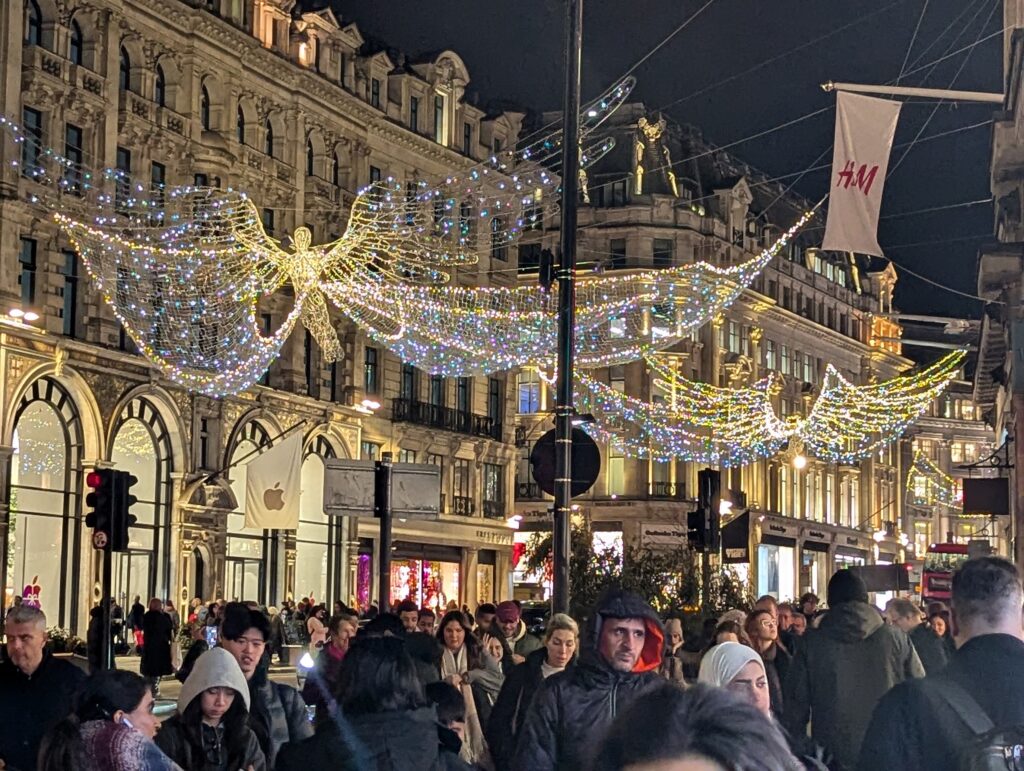
The law was clear on adultery: stone both parties. (Leviticus 20:10). Eventually, patriarchal enforcers flipped it to – stone only the female. Father-in-law Judah, without blinking, passed the sentence on his widowed Daughter-in-law. (Genesis 38). The Pharisees swiftly sentenced the woman caught in adultery (John 8 ) So why did Joseph spare Mary? Instead of […]
echoes from my past -2
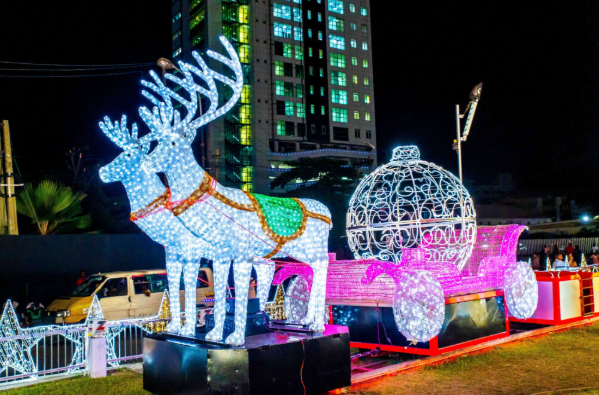
“Oh don’t bother moving, I can sit at the edge” “No worries. We will shift for you” The first woman said with a huge smile It was Carol Night at School. Although this boy in my home has insisted I not bother coming out, I went. “Stop behaving like an orphan. I am still here […]
echoes from your past
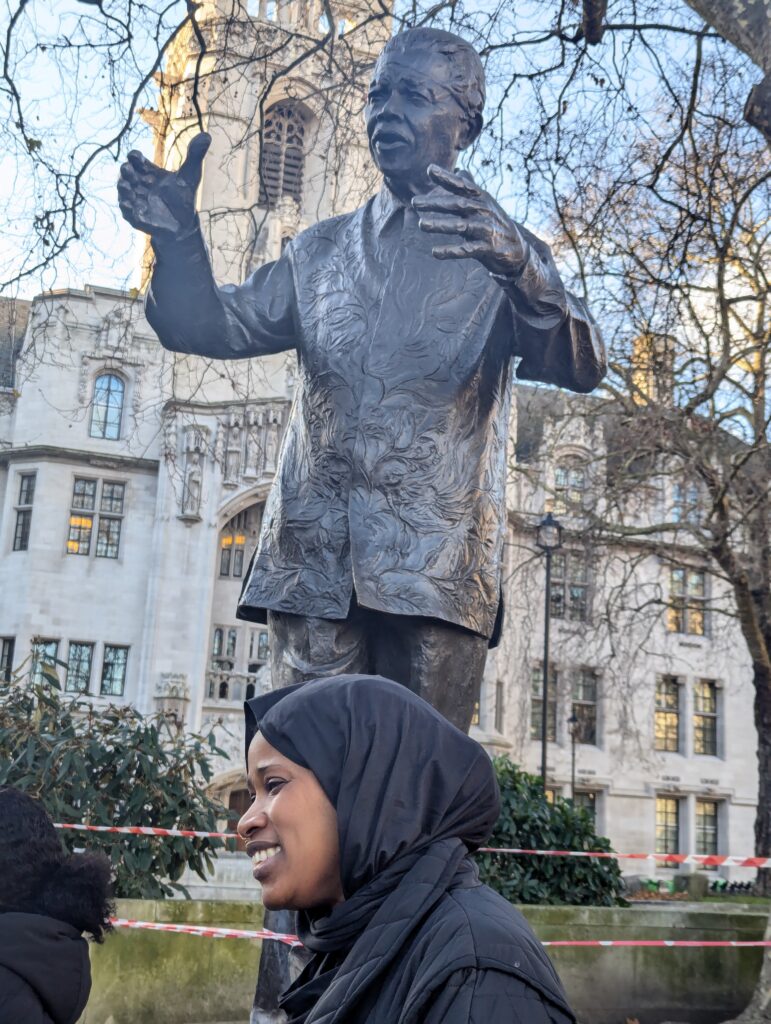
“Hello Sis, good evening” “Good evening sis” I responded with furrowed brows trying to unscramble her face We were about stepping into the African Shop at the City Centre when she approached me. It was my son’s Carol evening and he wanted to buy malt. She drew closer as if to hug me but uncertain […]
enslaved. abused. deported. a tale of the vulnerable migrant.
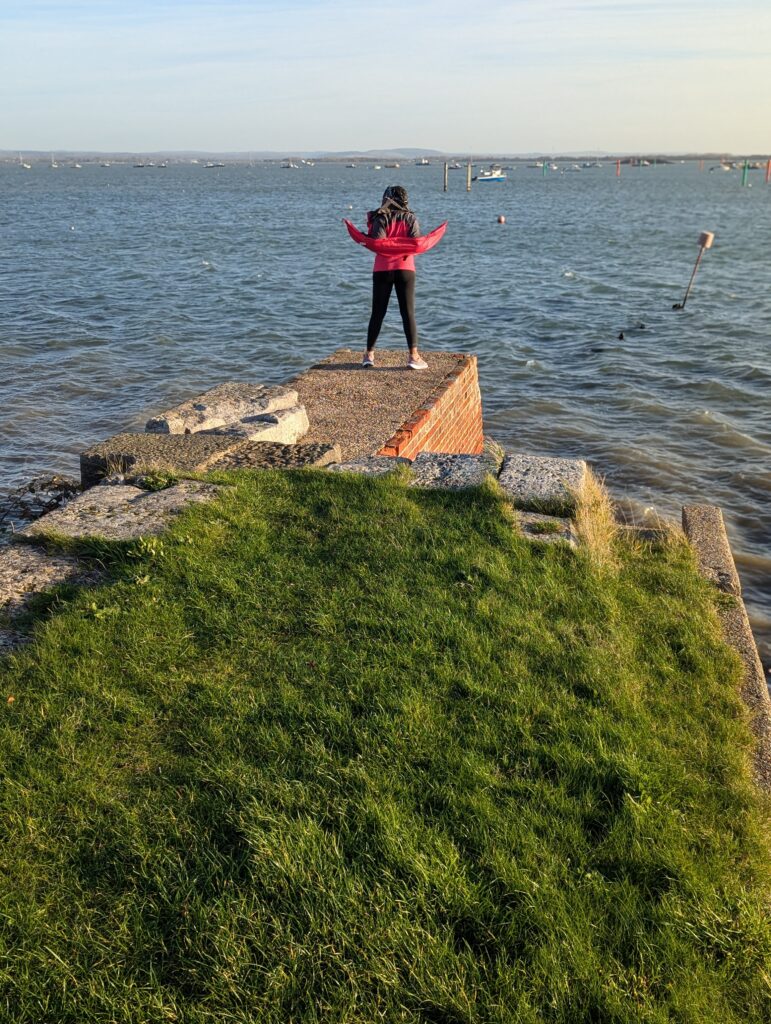
“One more footstep and all these will be over” Hajara looked at the sea entreatingly “You are too young and still have your life ahead of you” her heart remarked “What life does she have? Is this a life?” her head jeered “This life. She is here. Things can turn around, you know” “Ever the […]
i can take care of myself without you
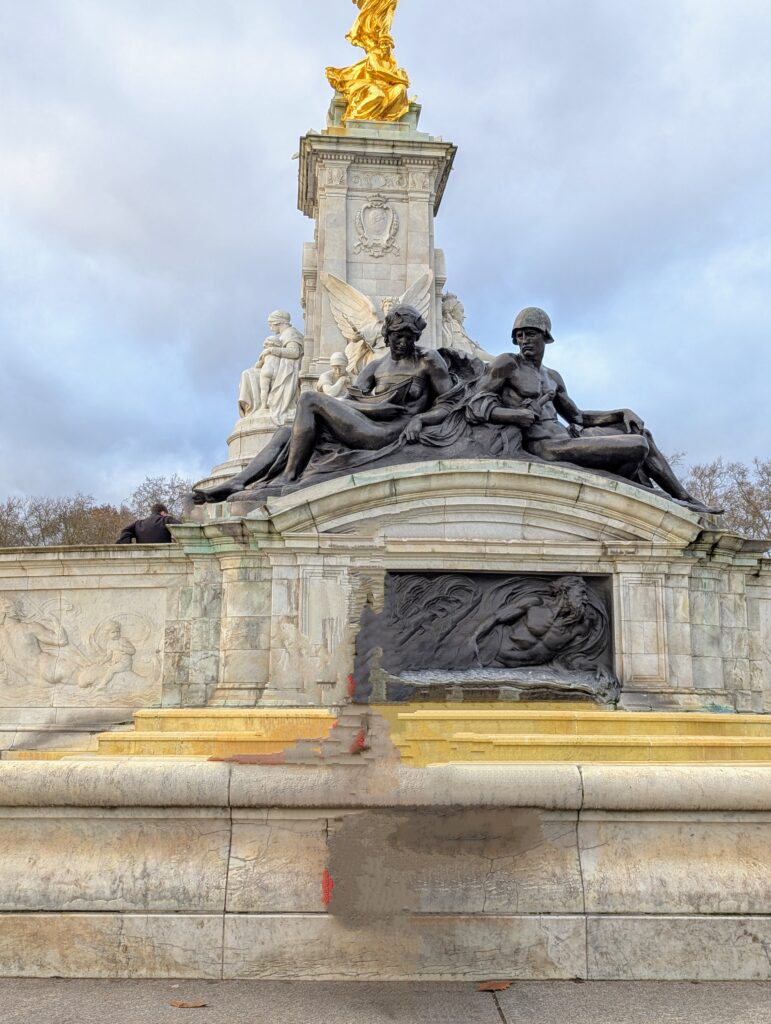
“How are you enjoying your Lunch privilege?” “Good” he responded “So which friend did you nominate?” “Jack” I supported myself by the kitchen door frame as I watched him pack snacks for School. His latest award was an Early Lunch Pass. To be shared with a buddy. That was an exciting one for him as […]
